|
|
|
 |
NPG Band Members |  |
|
PRINCE |
|
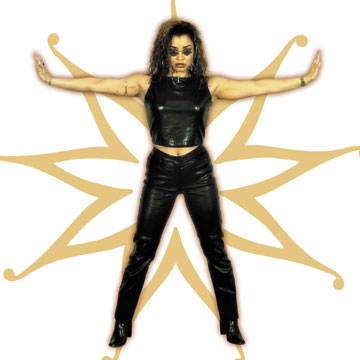 |
Rhonda Smith Having been introduced to the bass by her older brother, Rhonda was learning bass licks from the recordings of her childhood idols, Jaco Pastorius and Stanley Clarke at an early age. A native of Montreal, Rhonda established herself as a first-call session player and toured with several successful French Canadian pop artists including Claude Dubois. She received Canada's prestigious Juno Award in 1995 for her performance on the best contemporary jazz album (The Merlin Factor/Amplitude). For the past several years Rhonda has received major exposure in the U.S. and Europe as the bassist and background vocalist for The Artist Formerly Known as Prince. She has recorded five albums with him including the double platinum Emancipation as well as his most recent release, Rave Un2 The Joy Fantastic. She also appears on the latest release from Chaka Khan. www.rhondasmith.com |
| John Blackwell Born in Columbia, South Carolina to John Keneth Blackwell Sr. and Mamie S. Blackwell. John Sr. played drums professionally with acts like Cornelious Crawford, The Drifters, The Spinners, Mary Wells and many others. At age three John Jr. gets his first drumset, a record player and all his fathers old records for christmas from his father John Sr. John played every weekend in Columbia and all around the Carolinas with local professional R&B, Jazz Fusion Group Robert Newton & Lotusfete at ages 15-17. Of course also in his High School Jazz and Marching Band. He played for Billy Eckstine at age 17 for his first professional gig. John attended Berklee College of Music in Boston, Mass. During college, John and friend keyboardist Jethro De Silva audition for gospel act Bebe & Cece Winans. Jethro and John make it to the finals but did not get the gig. After Berklee, John landed the drum chair with the funk of funk groups - CAMEO. John stayed with the group for three years. He moved to LA and only stays for three days after landing the drum chair with Patti Labelle. John meets Prince and Larry Graham at a Patti Labelle concert and starts travelling to Minneapolis on a regular basis, finanlly joining Prince and The New Power Generation. www.johnblackwell.net |
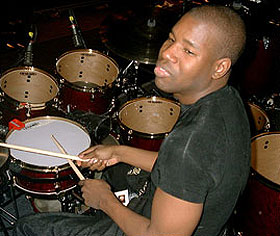 |
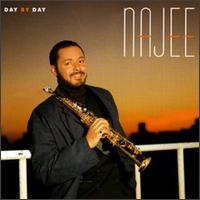 |
NAJEE One of the best-selling instrumentalists of the late '80s to mid-'90s, Najee has been a consistent favorite in the quiet storm and so-called "smooth jazz" markets. Often compared to Kenny G, George Howard, and Dave Koz, the New Yorker has been greatly influenced by Grover Washington Jr. Heavily produced and quite formulaic, Najee's albums have tended to avoid improvisation and strive for commercial radio airplay above all else. Debuting in 1987 with Najee's Theme, Najee was an immediate hit in the new adult contemporary (NAC) market. Similiar pop/urban jazz dates like 1988's Day By Day and 1990's Tokyo Blue did nothing to jeopardize his niche on smooth jazz radio. On stage, Najee takes some risks and stretches out more in fact, he has been quoted as saying he'd like to record a straight-ahead jazz or hard bop album eventually. But financially, Najee has had little incentive to pursue such a project. Morning Tenderness was released in 1998. |
| Renato Neto Keyboardist - Has played with Sheila E, Marco Mendoza, Steve Wonder, Gilberto Gil, Roberto Carlos and Oleta Adams. |
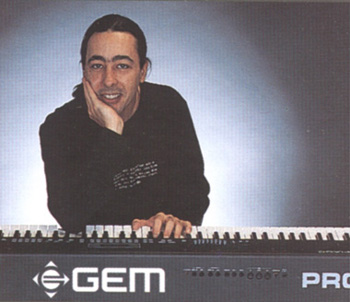 |
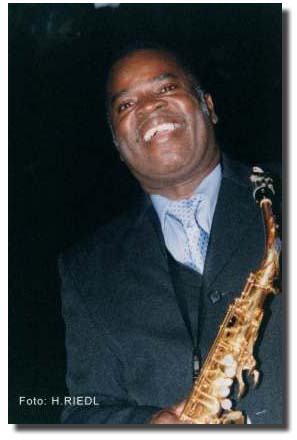 |
Maceo Parker Raised in Kinston, North Carolina, Maceo was born into a musical family: both his parents played gospel music in their church. But his uncle, who headed local band the Blue Notes, was his first musical mentor. At age 8 Maceo picked up the saxophone, and his brothers Melvin (7) and Kellis (9) chose drums and trombone respectively. The three Parker brothers formed the Junior Blue Notes. www.maceo.com |
| Candy Dulfer Born September 19th 1969 in Amsterdam, The Netherlands, Candy Dulfer is six years old when she starts playing the saxophone. Her father Hans Dulfer, a renowned jazz saxophone player. While being on tour, her band Funky Stuff is scheduled to perform as a support act for another megastar, Prince. At the last minute, Prince cancels the support act for his three shows in The Netherlands. Candy is furious. She writes Prince a note saying that he missed an excellent chance to see a girl 'play her ass off' on the saxophone. Two days later, Prince apologizes and invites her to join him on stage for an impromptu blues. Candy brings the house down. His Royal Badness is very impressed and asks her to work on some more projects with him in the States. There, Candy records saxophone parts for The Time, Jil Jones, Patti LaBelle and, of course, Prince - contributing to his soundtrack album Graffiti Bridge. She even plays a prominent role in the video of his hit single "Partyman" and performs with Prince on Saturday Night Live. www.candydulfer.nl |
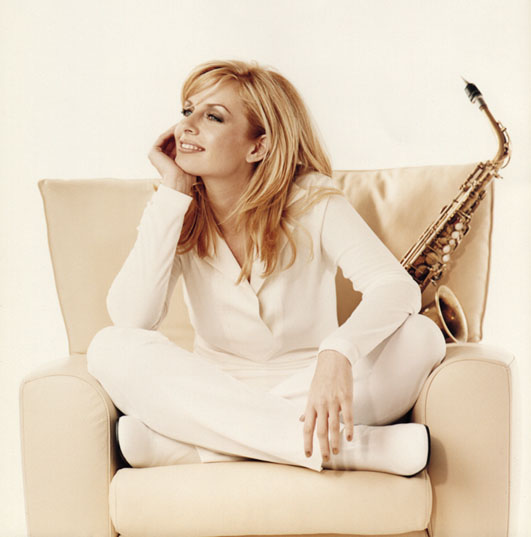 |
|
|
|